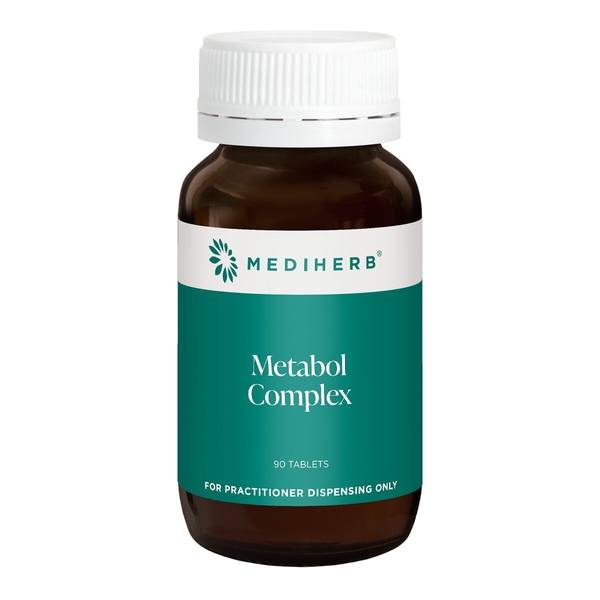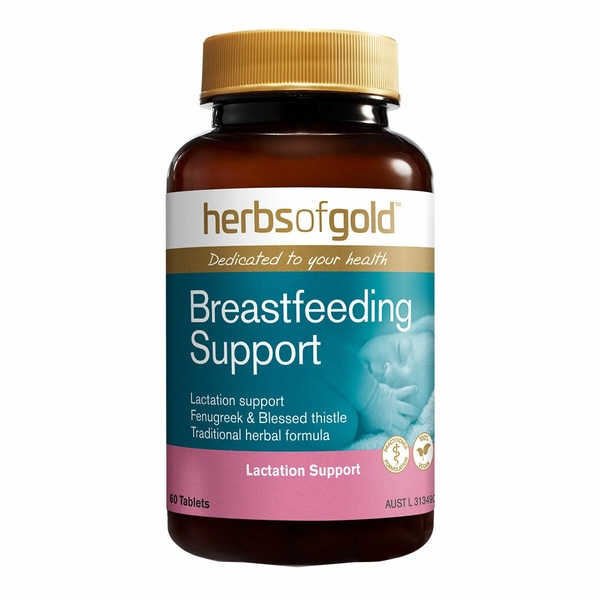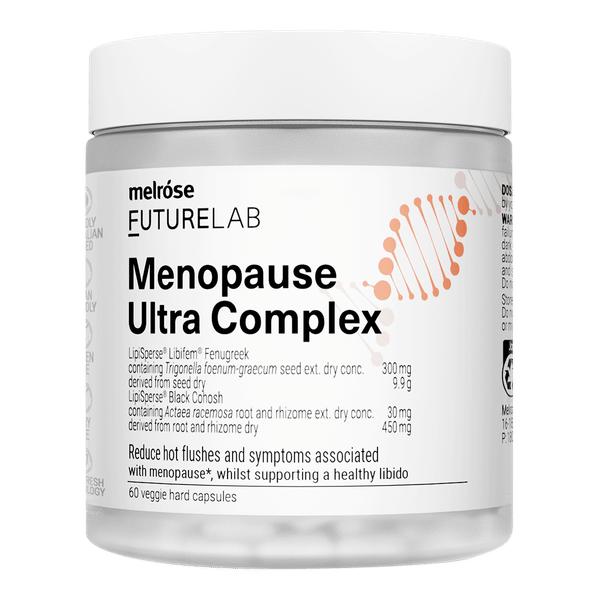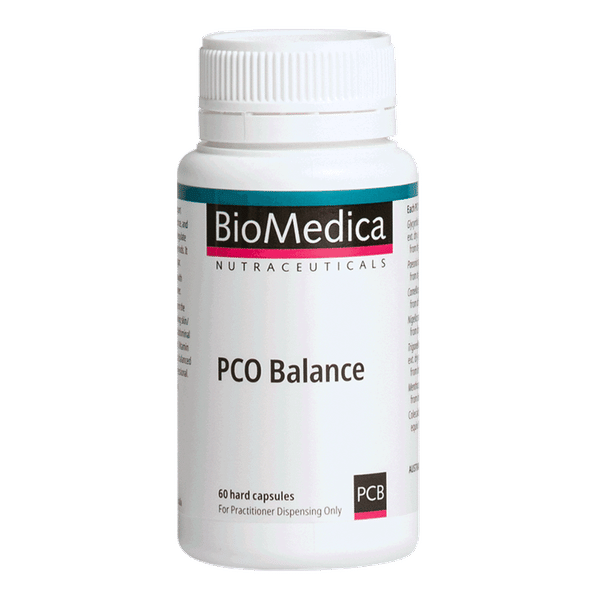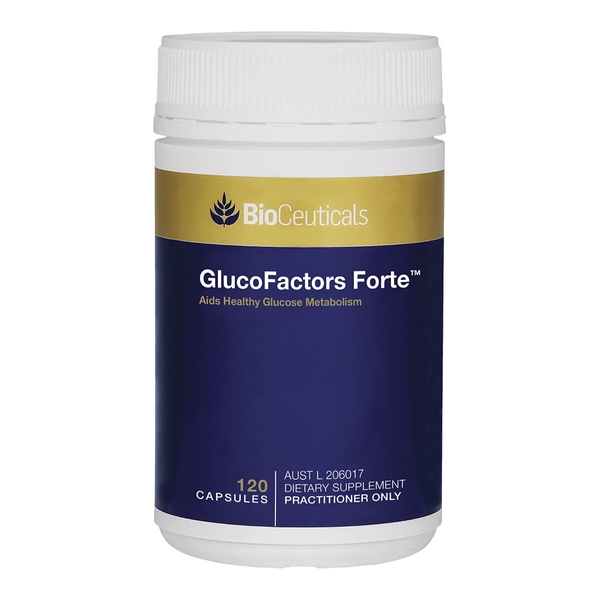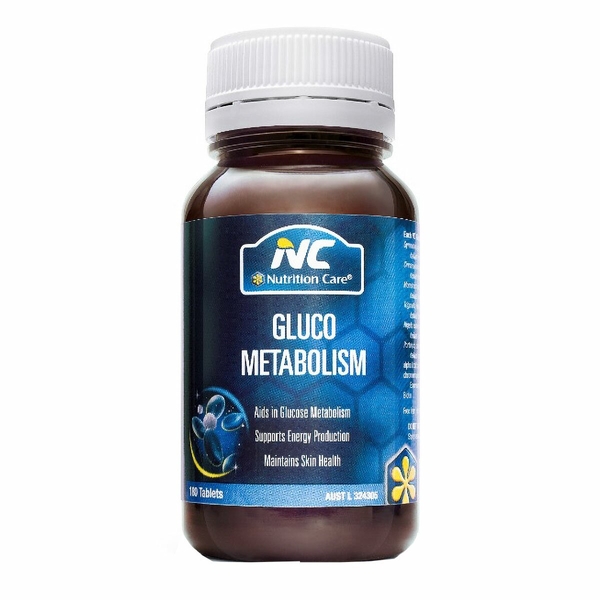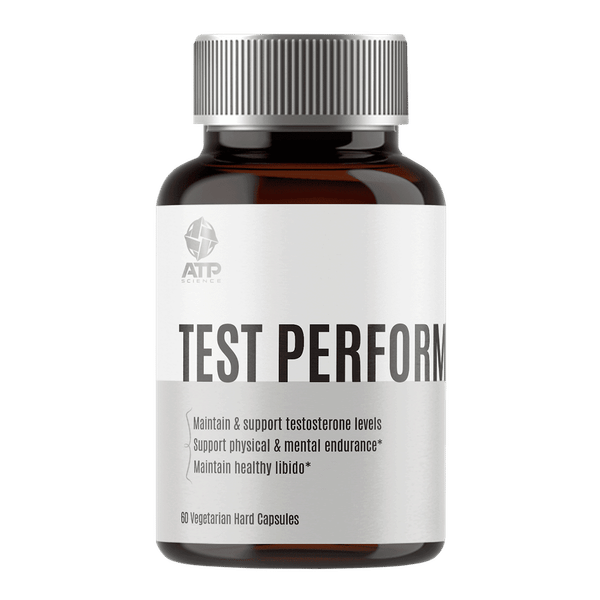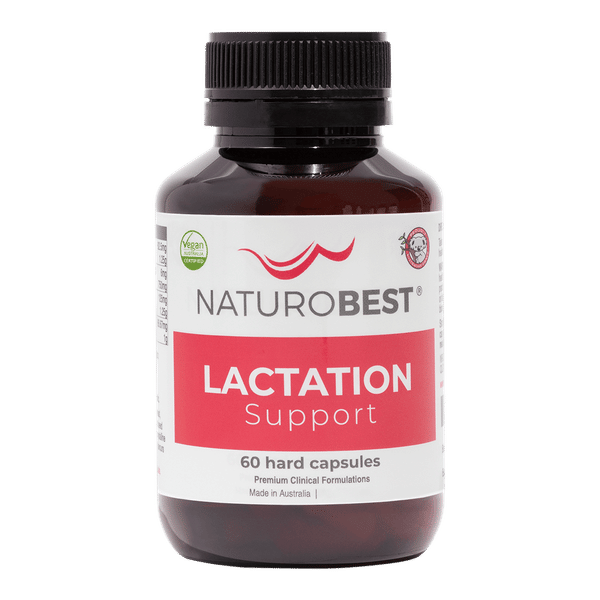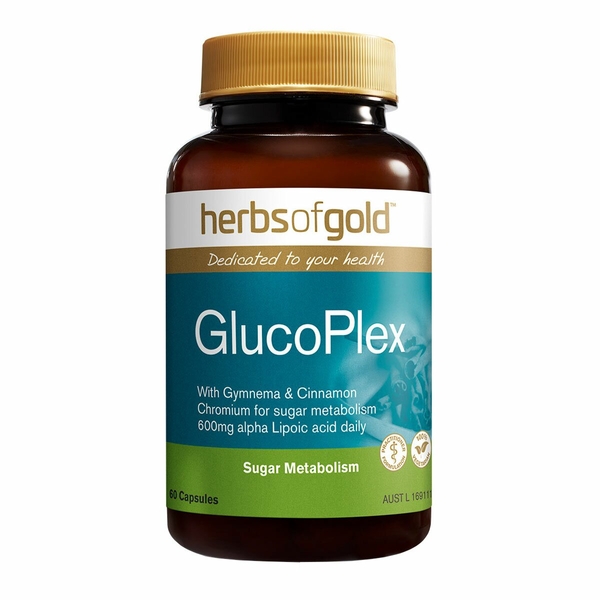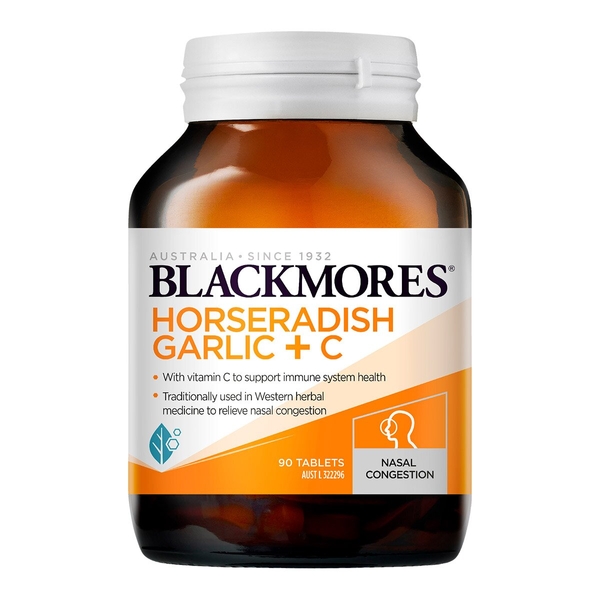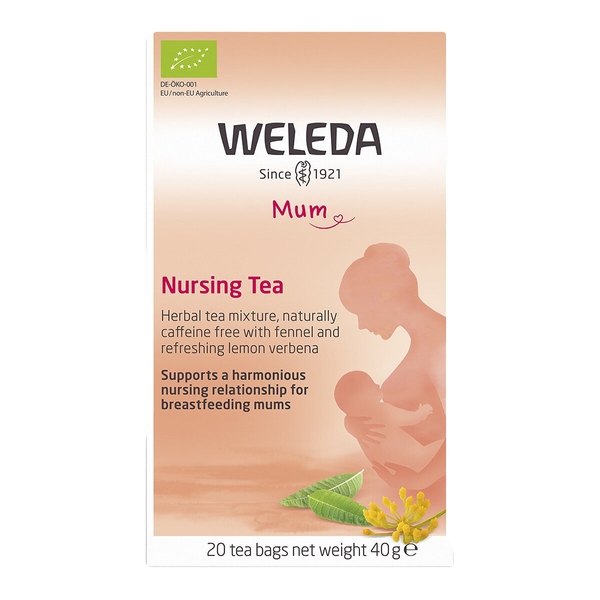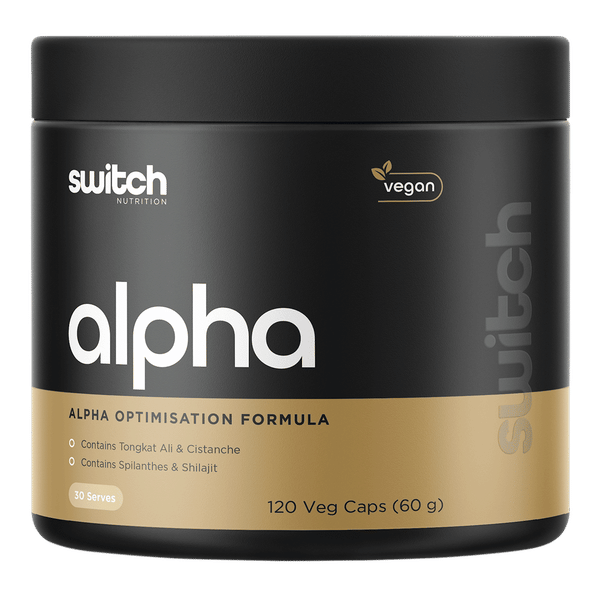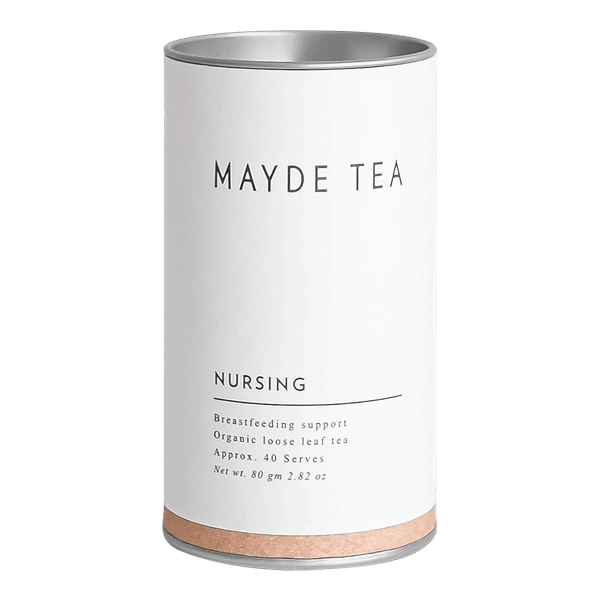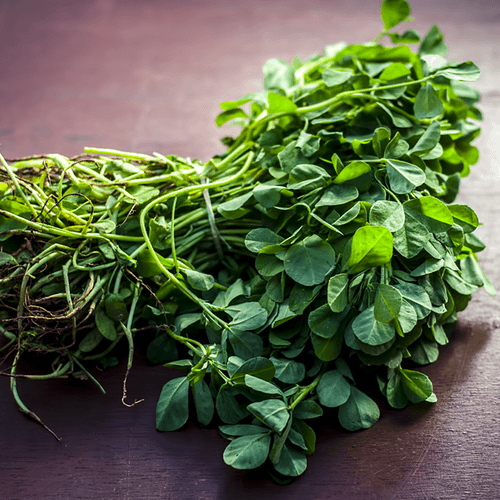
Background
Fenugreek is native to the Mediterranean, Europe, and Asia. Fenugreek seems to slow sugar absorption in the stomach and stimulate insulin. Both of these effects lower blood sugar in people with diabetes. Fenugreek might also improve levels of testosterone and estrogen, helping to improve interest in sex.
People commonly use fenugreek for diabetes, menstrual cramps, sexual problems, enlarged prostate, high cholesterol, obesity, and many other conditions, but there is no good scientific evidence to support most of these uses.
Safety Safety definitions
Special Precautions & Warnings:
Pregnancy: Fenugreek is commonly consumed in foods. It is likely unsafe when used in greater amounts. It might cause malformations in the baby, as well as early contractions. Taking fenugreek just before delivery may cause the newborn to have an unusual body odor. This unusual body odor doesn't seem to be harmful, but it could be confused with a condition called "maple syrup urine disease."Breast-feeding: Fenugreek is possibly safe when taken by mouth to increase breastmilk flow. Taking fenugreek 1725 mg three times daily for 21 days doesn't seem to cause any side effects in infants.
Children: Fenugreek is commonly consumed in foods. But there isn't enough reliable information to know if fenugreek is safe when taken in larger amounts. An unusual body and urine odor has been reported after drinking fenugreek tea. This doesn't seem to be harmful, but it could be confused with a condition called "maple syrup urine disease."
Allergies: People who are allergic to other plants in the Fabaceae family, including soybeans, peanuts, green peas, and other legumes, might also be allergic to fenugreek.
Surgery: Fenugreek might slow blood clotting. It might cause extra bleeding during and after surgery. Stop taking fenugreek at least 2 weeks before a scheduled surgery.
Effectiveness
- Diabetes. Taking fenugreek seed by mouth seems to lower blood sugar levels in people with diabetes.
- Menstrual cramps (dysmenorrhea). Taking fenugreek seed powder by mouth might reduce painful menstrual periods.
- Increasing response to sexual stimuli in healthy people. Taking a specific fenugreek seed extract (Testofen, Gencor Pacific Ltd) by mouth seems to improve ability and interest in sex in males.
- Sexual problems that prevent satisfaction during sexual activity. Taking a specific fenugreek seed extract (Libifem, Gencor Pacific Ltd.) by mouth seems to increase interest in sex in healthy younger females with a low sex drive.
- Enlarged prostate (benign prostatic hyperplasia or BPH). Taking fenugreek extract by mouth doesn't seem to improve BPH symptoms.
Dosing & administration
Interactions with pharmaceuticals
Clopidogrel (Plavix)
Interaction Rating=Moderate Be cautious with this combination.
Fenugreek might change the way that the body breaks down clopidogrel. This might change the effects of clopidogrel and might increase the risk of bruising and bleeding.
Medications for diabetes (Antidiabetes drugs)
Interaction Rating=Moderate Be cautious with this combination.
Fenugreek might lower blood sugar levels. Taking fenugreek along with diabetes medications might cause blood sugar to drop too low. Monitor your blood sugar closely.
Medications that slow blood clotting (Anticoagulant / Antiplatelet drugs)
Interaction Rating=Moderate Be cautious with this combination.
Fenugreek might slow blood clotting. Taking fenugreek along with medications that also slow blood clotting might increase the risk of bruising and bleeding.
Metoprolol (Toprol)
Interaction Rating=Moderate Be cautious with this combination.
Fenugreek might lower blood pressure. Taking fenugreek with metoprolol might cause blood pressure to drop too low.
Phenytoin (Dilantin)
Interaction Rating=Moderate Be cautious with this combination.
Fenugreek might decrease levels of phenytoin in the body. Taking fenugreek with phenytoin might reduce the effects of phenytoin.
Sildenafil (Viagra)
Interaction Rating=Moderate Be cautious with this combination.
Fenugreek might reduce levels of sildenafil in the body. Taking fenugreek with sildenafil might reduce the effects of sildenafil.
Theophylline
Interaction Rating=Moderate Be cautious with this combination.
Fenugreek might reduce how much theophylline is absorbed by the body. Using fenugreek while taking theophylline might reduce the effects of theophylline.
Warfarin (Coumadin)
Interaction Rating=Moderate Be cautious with this combination.
Warfarin is used to slow blood clotting. Fenugreek might also slow blood clotting. Taking fenugreek along with warfarin might increase the chances of bruising and bleeding. Be sure to have your blood checked regularly. The dose of your warfarin might need to be changed.
Interactions with herbs & supplements
Herbs and supplements that might slow blood clotting: Fenugreek might slow blood clotting and increase the risk of bleeding. Taking it with other supplements with similar effects might increase the risk of bleeding in some people. Examples of supplements with this effect include garlic, ginger, ginkgo, nattokinase, and Panax ginseng.
Interactions with foods
Products
View all products- Trigonella foenum-graecum (Fenugreek) ext. 4 mg
- Gymnema sylvestre ext. 100 mg
- Cinnamomum cassia ext. 66.67 mg
- Alpha lipoic acid 200 mg
- Nicotinamide (Vitamin B3) 35 mg
- Chromium chloride hexahydrate 256.3 µg equiv. chromium 50 µg
- Chromium picolinate 133.5 µg equiv. chromium 16.6 µg
- Cholecalciferol (Vitamin D3) 8.3 µg equiv. vitamin D 333 IU
- Zinc amino acid chelate 50 mg equiv. zinc 10 mg
- Trigonella foenum-graecum (Fenugreek) ext. 500 mg
- Cistanche salsa ext. 200 mg
- Smilax sieboldii ext. 50 mg
- Eurycoma longifolia ext. 100 mg
- Asphaltum punjabinum (Shilajit) 240 mg
- Magnesium citrate 160 mg
- Calcium pantothenate (Vitamin B5) 3.5 mg
- Zinc citrate 12 mg
- Spilanthes acmella ext. 400 mg
- Boron citrate 10 mg
- Cholecalciferol 2.5 µg
- Silicon dioxide
- Beef bones
- Sea salt
- Curcuma longa
- Piper nigrum
- Chilli powder
- Honey
- Apple cider vinegar
- Allium sativum
- Armoracia rusticana
- Zingiber officinale
- Daucus carota powder (Carrot)
- Apium graveolens
- Allium cepa
- Malus (Apple)
- Orange
- Citrus limon (Lemon)
- Brassica juncea
- Petroselinum crispum
- Rosmarinus officinalis
- Thymus vulgaris
- Juniperus communis (berry)
- Bay leaf
- Szechuan pepper
- Backhousia citriodora
- Pink Himalayan crystal salt
- Origanum vulgare (Oregano)

